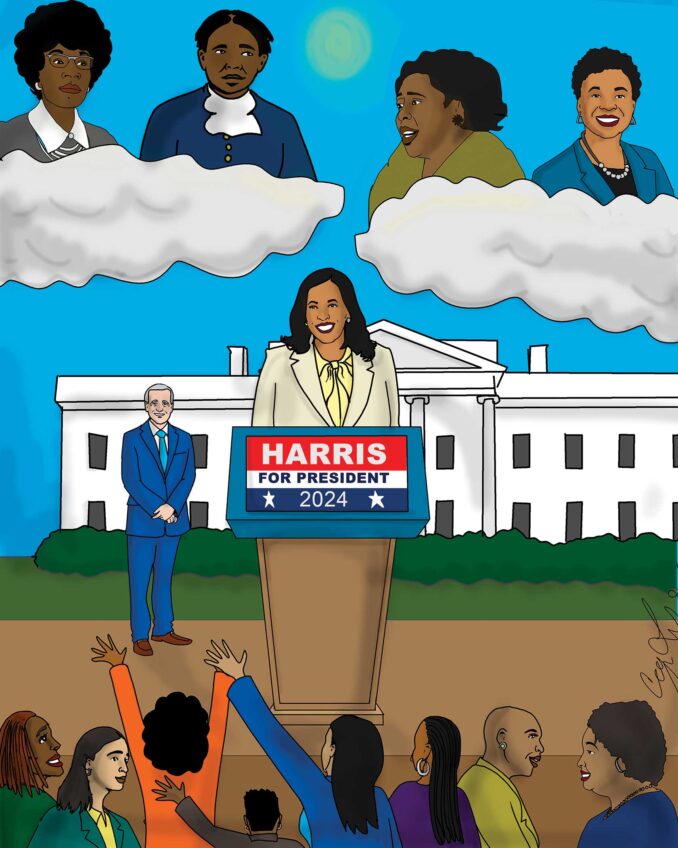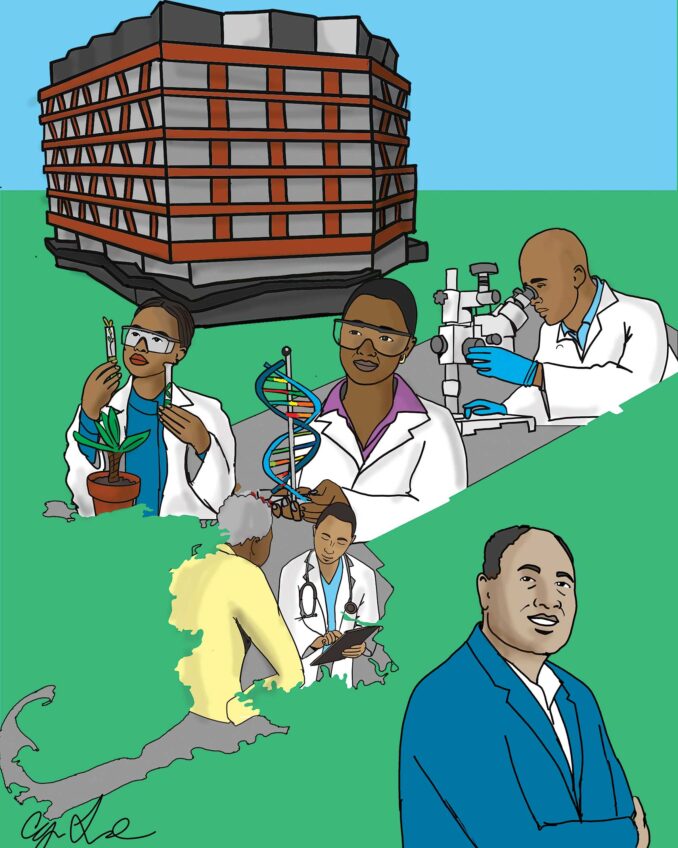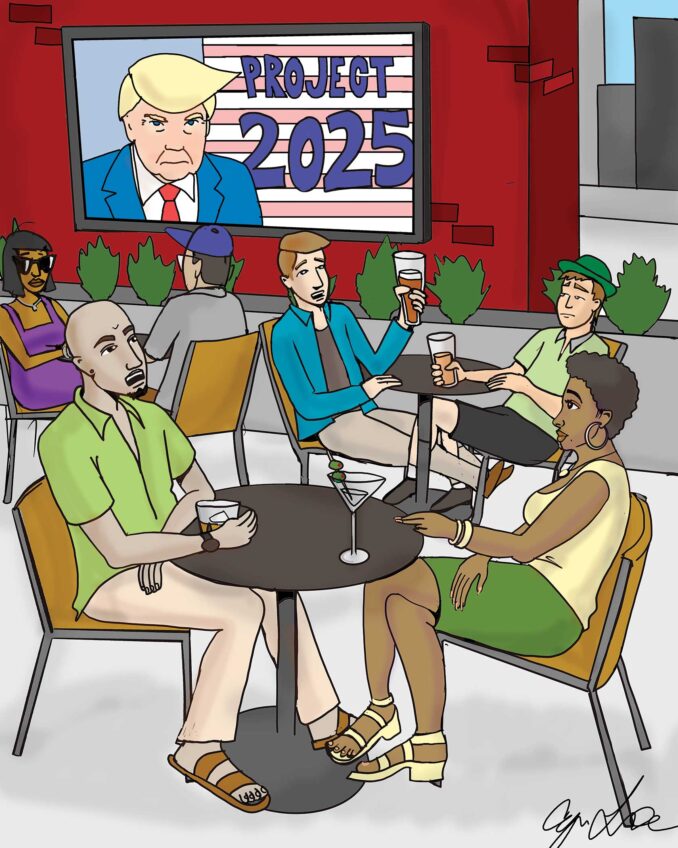No, you’re not crazy — know you’re not crazy
It is there. It’s seen, perhaps prayed about, rarely discussed and even more infrequently treated. It is weakening our families, setting the stage for self-medication through drugs, alcohol and toxic relationships, and undermining our children’s ability to realize their full potential.
How many times have we heard the UNCF slogan, “A Mind is a Terrible Thing to Waste,” as it relates to education? Yet, when it comes to our mental well-being, we suffer through days, months, years and sometimes even decades of mental illness — for which treatment is available — without seeking care.
Life will challenge all of us. Some days will be steeped in sadness or anxiety. However, there is a point at which one moves along the continuum from blues to major depression, from bad nerves to a diagnosable anxiety disorder.
That point is not always easy to discern, but there is a general rule of thumb that can be used. When people do not feel like themselves for weeks at a time and are affected to the point that they are unable to fulfill their obligations to their employer, friends or family, a critical threshold has been reached. This point is perhaps most clearly crossed when people begin to consider taking their own lives or have trouble discerning things based in reality from things generated in their own minds.
At that point, a decision must be made about what to do for help. Too often, nothing is done — the rates of mental illness in blacks are comparable to those in other groups in the U.S., yet we are much less likely to ask for professional help. When we do, we’re less likely to follow through with treatment.
Why are members of the black community so reluctant to seek professional care for mental health issues? It’s a complex phenomenon.
For many, seeking advice from family members, close friends and/or religious leaders is the first resort. In many respects, turning to these sources is healthy in a community that has felt the sting of institutional racism in every major American institution, including the health care system. Problems can arise, though, if we continue to rely on these resources when they do not provide relief, and we exclude professional services.
Then there is the belief that people who need the help of a therapist or psychiatrist are “crazy” or weak. Unlike seeing an internist for high cholesterol, seeing a professional for an illness based in the brain can be perceived as a sign of weakness or a failure of faith. The stigma that clouds mental illness and mental health services can be found throughout our society, but studies have found that it is even more pronounced in the black community. This is not only a barrier to treatment, but can also prevent one from even acknowledging that a problem exists.
Some may believe that time can heal all wounds, hoping that “this too shall pass.” There is also the perception that there isn’t enough time to deal with such problems — the black community’s higher rate of single-parent households, obligations to other family members and other constraints can make it seem impossible to find an hour a week for therapy.
Financial barriers are more prevalent in the black community as well, with a disproportionately large number of blacks uninsured, or living at or below the poverty level. Co-pays for therapy, psychiatry visits and psychiatric medications can add up when budgets are tight. (Studies have shown, though, that even blacks with the same insurance as whites remain less likely to use outpatient mental health services.)
If one does overcome the aforementioned barriers and enters treatment, unfortunately there is no guarantee that things will go as desired. Personality style, ways of thinking and empathy have been found to be more important than ethnic match in terms of therapy effectiveness, but some may only want to work with black mental health professionals, of which there are relatively few.
Yes, there are a number of barriers to engaging in mental health treatment. But the costs of foregoing treatment are too great to be ignored. The responsibility rests with us to acknowledge these issues, as that is the first step in combating the stigma surrounding mental illness.
July is National Minority Mental Health Month. It is our hope that Greater Boston’s black community will use this time of national observation for reflection and action. Those interested in learning more about mental health and treatment in the black community may wish to attend “Empowering Our Community: Demystifying Mental Illness and Treatment,” a reception and panel discussion scheduled for Tuesday, July 14, 2009, from 5-8 p.m. at the Mattapan Branch Library.
By being proactive about our mental well-being, we can work toward the betterment of ourselves, our loved ones and our community.
Sarah Y. Vinson, M.D. is a psychiatry resident at the Cambridge Health Alliance and clinical fellow in psychiatry at Harvard Medical School. Ebony S. Vinson is a graduate student in the clinical psychology doctoral program at the University of Kentucky.






